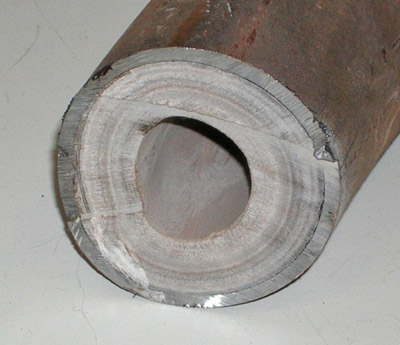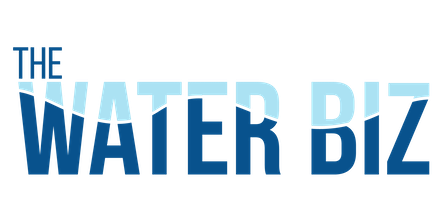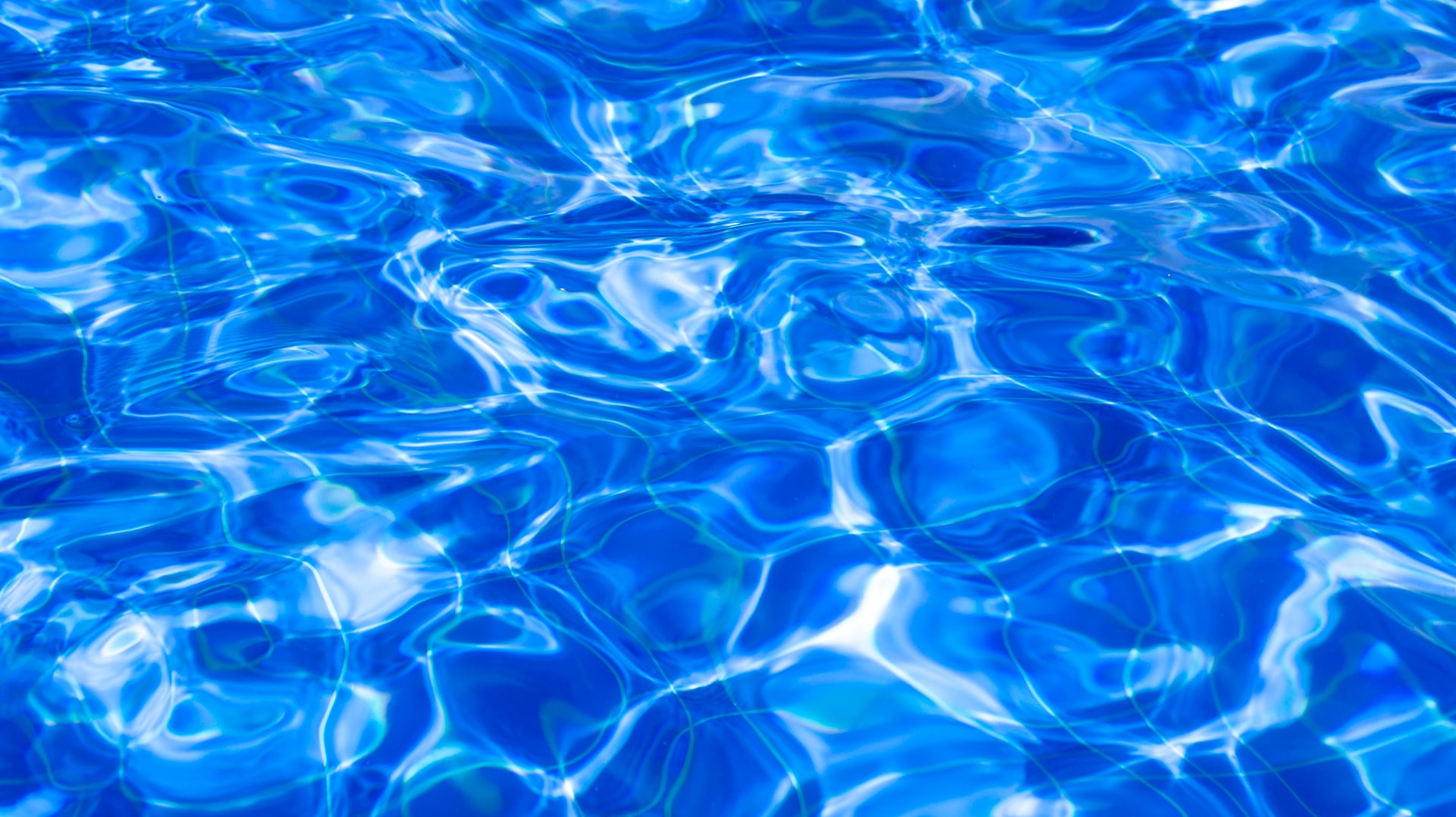While most people have heard the term “hard water”, many simply do not understand its impact. Regardless of whether you source water from a well or a public water system in a home or a business, there are 3 areas hard water costs you money. In the short term, the costs may be minimal, but hard water can negatively impact your home and your budget in the long term. This article will break down the 3 areas hard water costs you money.
3 Areas Hard Water Costs You Money
- Cleaning & Laundry
- Plumbing & Appliances
- Energy
In the home, hard water impacts everything from the drinking water, to personal hygiene, appliances, plumbing, and utility costs. Outside the home, hard water impacts industries such as business, manufacturing, and healthcare. Research shows that water high in calcium and magnesium, aka hard water, has detrimental effects on the home. Whether you are looking to save money or simply want to understand the impact of hard water this article will provide the resources you need.
Softened Water Research
The Water Quality Research Foundation (WQRF) has performed extensive research which reveals the benefits of soft water in 3 areas. Three independent studies examine the effects of hard water on clothes washers, dishwashers, and possible detergent savings. The Energy Savings Study shows specifically how hard water negatively impacts energy costs for consumers. The Detergent Savings Study presents research showing how unsoftened water reduces the efficiency of detergent when used for laundry and automatic dishwashers.
(1) The Energy Savings Study (aka The Battelle Study)
Title: Study on Benefits of Removal of Water Hardness (Calcium and Magnesium Ions) From a Water Supply
Description: “This study tested devices fed with softened and unsoftened water under controlled laboratory conditions designed to accelerate the waterside scaling in the device and quantify the performance efficiency.” Water Quality Research Foundation (WQRF)
(2) The Detergent Savings Study (Laundry & Dishwashing)
Title: Evaluation of Relative Effects of Hardness, Detergent Dose and Temperature to Evaluate Stain Removal Efficacy, and/or Use of Less Laundry Detergent at Lower Water Temperatures
Description: “The laundry study investigated stain removal with varying levels of hardness, detergent dose, and temperature. ” Water Quality Research Foundation (WQRF)
Title: Evaluation of the Effect of Water Hardness on Performance of Automatic Dishwasher Detergents and Savings Possible by Softening Water
Description: “Detergent savings was also evaluated for dishwashers. The detergent savings study included tests for removing difficult soils in addition to the spot and film evaluation.” Water Quality Research Foundation (WQRF)
Cleaning & Laundry
Research has shown that soap or detergent when used with unsoftened water, aka hard water, is less effective for personal hygiene, washing clothes, and washing dishes. The minerals commonly found in hard water react with soap or detergent to form soap scum or soap curd instead of forming a lather. This soap scum or curd creates unsightly rings in the shower, tub, and on fixtures. It can also leave a film on the hands, body, or hair. As a result, more soap is often necessary to create a lather and hard water users often feel less clean after showering or washing hands.
Cleaning
The Detergent Savings Study is a study funded by the Water Quality Research Foundation (WQRF) and conducted by Scientific Services S/D, Inc, which found significant benefits to soft water when comparing the effects of detergent dosage, water hardness, and wash temperature on stain removal performance. The study utilized 9 different stains including Blood, Coffee, Dust Sebum, Grass, Red Wine, Chocolate Pudding, Chocolate Ice Cream, Barbecue Sauce, Ground In Clay.
Benefits of Softening Water
- Better at removing stains
- Less detergent needed
- Brighter colors & whiter whites
The study found that not only could soft water lower the amount of detergent needed to remove stains, it also has energy efficiency benefits as well. “From the main experiment, it was shown that softening water is the most effective in improving stain removal.” According to the study, “Even when 50% of the detergence is used at a lower temperature of 60 degrees Fahrenheit instead of 100 degrees Fahrenheit, the washing yielded improved results when the softened water was used as compared to when hard water was used.” Based on the report, the most impactful conclusion of the study is that, “…one can use cold water and half the detergents for washing clothes stained with any or all of these stains and still achieve the soil removal desired.”
Laundry
Fabric washed with soft water has a greater lifespan, is softer to the touch, white fabrics stay whiter, and color fabrics remain vibrant longer. According to the Detergent Savings Study funded by the WQRF, it is thought that the term “hard water” came about because it makes clothes stiff and harsh to the touch. The study claims that modern-day home laundry faces several new challenges. Many of these are the result of new regulations aimed at lowering energy and water consumption needed for home laundry.
Plumbing, Appliances & Fixtures
In the Energy Savings Study conducted by the Battelle Memorial Institute, researchers set out to study the benefits of soft water on clothes washers, dishwashers, low flow showerheads or faucets, and their carbon footprint. For the remainder of the article, we will examine the results of The Battelle Study to illustrate the impact of hard water on plumbing, appliances, fixtures, and energy.
Plumbing

Source: USGS
Over time, limescale buildup inside pipes can reduce water pressure and cause enough damage to pipes to warrant repair or complete replacement. According to the USGS, “…long-term movement of hard water through a pipe can result in what is called scale buildup. Just as in the human body where blood vessels can be reduced in inside diameter due to cholesterol buildup, water pipes can gradually close up resulting in less water movement through the pipe and a lowering of water pressure.”
Even though the study performed by the Battelle Memorial Institute did not study the impact of unsoftened water on plumbing, their report describes significant damage to plumbing in the research facility.
“Although the pressure regulators and needle valves were tweaked throughout the testing to try to maintain constant testing conditions, all of the water heaters on unsoftened water were removed from the testing at some point due to the inability to maintain sufficient flow.” WQRF – Softened Water Benefits Studies
Appliances & Fixtures
The use of unsoftened water in appliances and fixtures could cause clogging or failure due to scale build-up. For fixtures and showerheads, this could mean reduced water flow or complete blockage. In the Battelle Study, both the low-flow faucets and showerheads “clogged up to the point of not allowing adjustment to a 1.25 GPM flow rate at any time during the test.” In comparison, the low-flow faucets and showerheads which used softened water, “made it through the testing without any problems.”
For appliances, the impact of hard water could range from scale buildup to impairing functionality, to shortening the lifespan of the appliance.
Energy
Reading through The Energy Savings Study and The Detergent Savings Study it is easy to see a distinct pattern. From the amount of detergent necessary to clean clothing, towels, linens, or dishes to inefficiencies caused by scale buildup in plumbing or appliances, it is clear that hard water negatively impacts energy consumption in homes. The finding from these studies presents noteworthy evidence to support water softening as an energy-saving solution for consumers. This statement holds true for dishwashers, clothes washers, and hot water heaters.
Dishwashers & Laundry
A key observation from the Detergent Savings Study was the temperature needed to clean both dishes and clothing could be significantly lower with the use of a water softener. This could offer substantial energy savings over traditional washing methods which require hot water regularly. All of this while offering an improvement in cleaning performance.
Hot Water Heaters (Gas Storage & Electric)
Unsoftened water has been shown to reduce efficiency and shorten the lifespan of gas hot water heaters. In the Energy Savings Study conducted by the Battelle Memorial Institute, when water heaters were utilized with a water softener, they “maintained their original factory efficiency rating for as long as 15 years.” In the same study, researchers found that running hard water through the water heater units, “cut efficiency by up to 48 percent.” (WQRF) The lifespan of the heating elements in the gas water heaters was reduced due to substantial scale buildup. The study states “Up to 30 pounds of calcium carbonate rocklike scale deposits can accumulate in electric water heaters.”
Tankless Water Heaters
The benefits of softened water extend to tankless water heaters as well. “The economic savings of softened water with instantaneous tankless water heaters can lead to recovery of the cost of a water softener and operating supplies in a period as short as a year. Softened water saves 40% of costs compared to operating on 20 grains per gallon of water hardness and saves 57% compared to operating on 30 grains per gallon hard water.” According to the WQA website, “Scale buildup shortened the lifespan of the heating elements inside electric water heaters, and some tankless water heaters using hard water failed after just 1.6 years.”
Hard Water Solutions
In a time when most consumers are looking for ways to lower costs, it is clear that treating hard water should be at the top of your list. Though the costs of unsoftened water may not be immediate, the long-term effects can devastate any budget. As the research from the WQRF has shown, water softeners offer savings on energy, appliances, plumbing, clothing, linens, towels, repairs, detergent, and soap.
Have questions about the 3 areas hard water costs you money?
Not sure where to start?
Contact The Water Biz today to discuss a water softener for your home or business!
Need Help? Contact The Water Biz
Have questions? Need Testing?
Call TWB at (405) 601 – 2003 or fill out our contact form.
To learn more about your water contact The Water Biz today!


